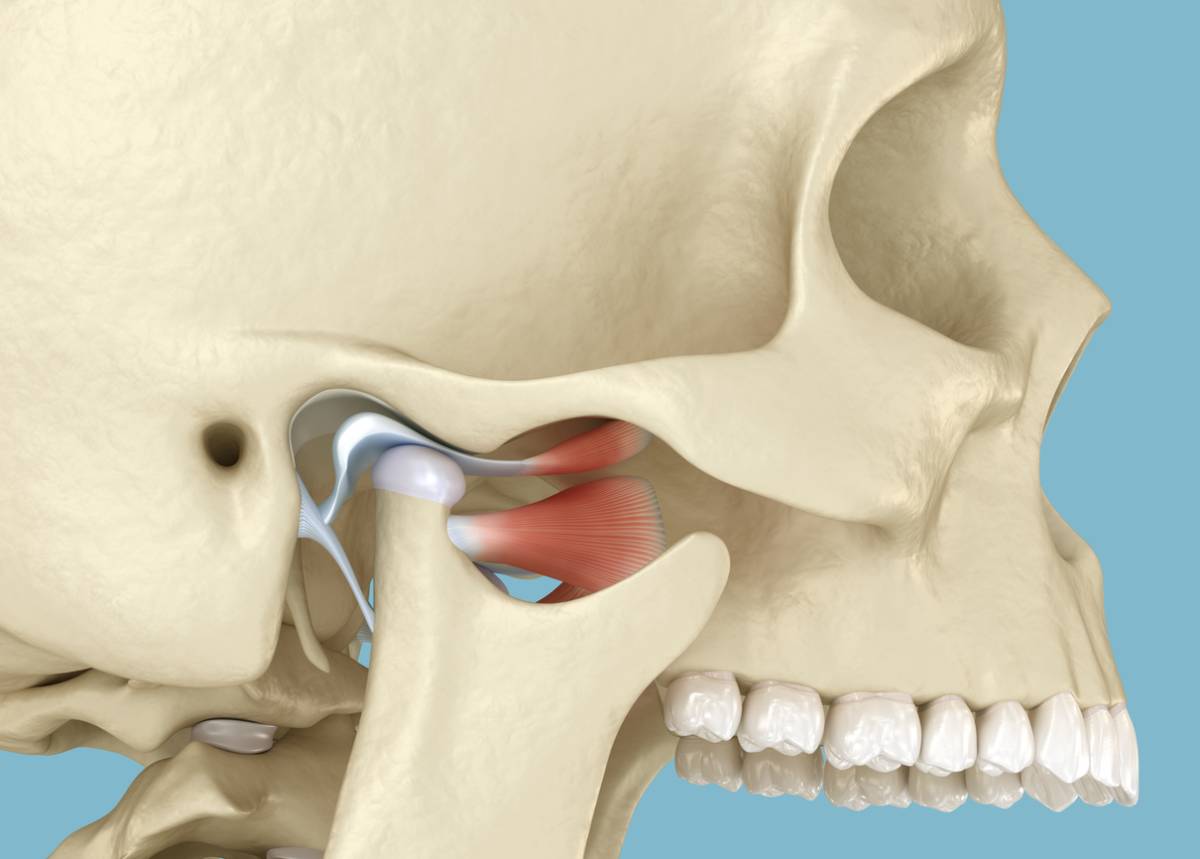The term TMJ disorder refers to Temporomandibular Joint Disorder, a serious medical condition that affects the small joints that connect the jaw to the skull. These joints are located just below one’s ears. Below, we look at how to tell if your child has a TMJ disorder.
This condition has the potential to cause a patient significant pain and discomfort throughout the face. There are many different plausible causes for this type of disorder.
How To Tell if Your Child Has a TMJ Disorder
If you are worried that your child has TMJ disorder or just want to be on the lookout for the signs that this might be developing, take a look at this guide describing the symptoms to look out for when investigating TMJ treatment.
What is TMJ Disorder?
Temporomandibular Joint Disorder is a condition that involves inflammation of the joints and ligaments of the jaw to the skull. The source of TMJ disorder can be variable, and much depends on the individual medical background and habits of the patient.
Jaw overuse, traumatic impacts to the side of the face, and even some autoimmune diseases can cause TMJ to develop. Oftentimes, these developments come at no fault of the patient.
Common Signs of TMJ
Many of the signs of developing TMJ are fairly obvious. Learning how to identify these signs can make it easy to spot if it’s in the works. Some of the common symptoms include:
- Jaw clicking and popping
- Pain and tenderness in the jaw and under the ears
- Difficulty chewing and eating
- Aching facial pain
- Having one’s jaw “lock” into a certain position makes it difficult to open or close the mouth in any way.
If you notice that any of these symptoms seem to be developing, scheduling an appointment with your dentist or pediatrician immediately can help you receive a professional’s opinion before the condition progresses to too severe of a stage.
Treatment For TMJ
In some cases, a child may naturally grow out of TMJ, which has the potential to save everyone involved lots of stress and money. However, if this doesn’t occur, you’ll have to begin the process of attempting to resolve this issue.
Encouraging your child to stop engaging in unhealthy habits that can exacerbate TMJ is a good way to start. This includes chewing gum and choosing to eat softer foods.
Elements of oral health such as an improper bite or crooked teeth can lead to excessive stress on the jaw muscles over time. If this is the case, you might look into advanced orthodontics to help resolve your TMJ.
Oral nightguards may also offer you a solution. Nightguards are oral health contraptions that can help to guard against excessively grinding one’s teeth.
Is My Child a Good Candidate For Treatment?
Most of the treatments for TMJ are appropriate for most children. Helping your dentist out by ensuring that your child’s oral health is regularly addressed can help expedite any planned treatments and ensure that they have a successful treatment.
If your child has any chronic health conditions, such as asthma, then be sure to inform your dentist about this, as it may influence whatever treatment they decide to move forward with.
Because of their age, children are less likely to suffer from other types of chronic dental conditions that might impact their ability to receive treatment. In the end, this makes the process much less impactful overall.
Schedule a Consultation
You’ll schedule a session to find out more about the advantages of veneers and how they relate to your particular medical condition, whether you intend to have them or just want to learn more about the procedure.
You can speak with your dentist about the kinds of exercises that could be very helpful for you in terms of taking care of your child’s teeth on a daily basis. This may entail arranging follow-up appointments to ascertain what kind of treatment may be required to augment or supplement any previous work you have completed.
All things considered, now is the ideal time for you to get the most out of your veneer treatment and learn how to properly care for this vital body component. Asking more questions and not less will ultimately serve you, as it gives your dental health professional a better understanding of the nuances they will need to keep in mind when applying treatment.
The Dentist North Hollywood Trusts
If you’re interested in scheduling a consultation to investigate whether or not your child might be developing TMJ, look no further than our North Hollywood dentist. Victory Plaza Dental is the dentist of choice for discerning families in the North Hollywood area.

